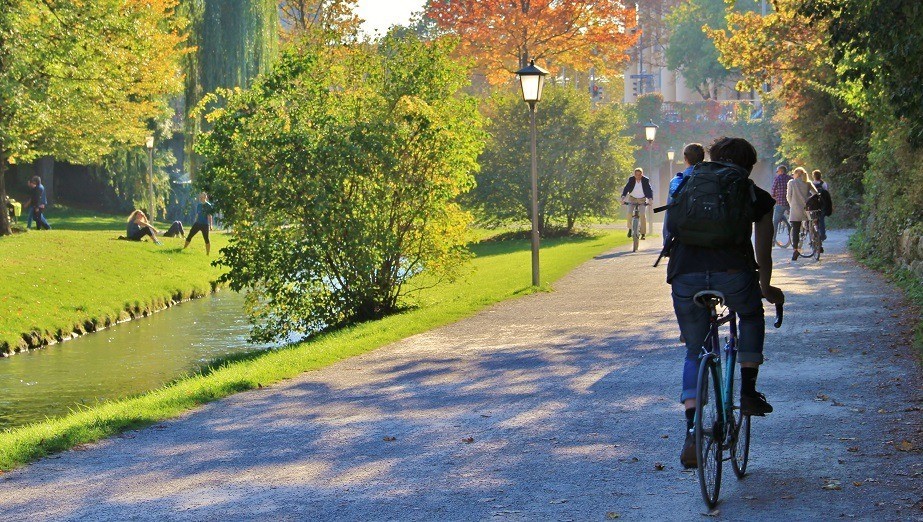
In spite of incredibly difficult circumstances, many business teams have been able to find a way to survive by working more flexibly. Many of us have managed to get our work done, whilst also juggling other responsibilities.
However, we've still got some big challenges to figure out, as constant firefighting is not sustainable long-term and many of us are still facing immense financial uncertainty. We have to make more changes, so that we and our businesses can recover and eventually thrive.
Communications consultant and business performance mentor, Michelle Bondesio, offers some thought-provoking ideas to help change how we think about the way we work.
Even in trying times, we have opportunities to explore different and better ways of doing things, based on what we've learnt in the past few months.
We've seen how a more flexible working style can be good, not only for our productivity, but also for our wellbeing and the wellbeing of our natural environment.
As we begin a new phase, now is a good time to consider how we can support the emergence of stronger economies, which can better support all life. This requires us to think differently to what we’ve done before.
What can we learn from Taiwan's G0v Zero approach to digital democracy as a means of collaborative solution-finding?
If Jacinda Ardern is advocating the four-day work week as a way to rebuild New Zealand's economy, imagine what it could do for us too?
Do we need the massive office that everyone has to drive to everyday? Are our employees more productive when they get to work asynchronously from home, at their pace and in their own time? Perhaps having a distributed workforce, working at flexible times, is viable as a long-term solution instead of just an emergency measure.
Can our work and our businesses be more of a force for good? How can we incorporate people and the planet into our bottom line? Becoming B-Corp certified offers a sustainable way to embed this ethos into every part of your business. It will also bring investors and followers to your brand.
Our stress levels are still elevated from this experience we’ve been through. When we feel stressed, our emotions are triggered and we’re more likely to over-react. Not only can that affect how we engage with our teams and clients, it also impacts on our decision making abilities.
Learning to regulate our emotions is essentially about creating space to pause and reflect, so that we can respond constructively instead of reactively. How can we create that space during this next phase?
We need to be able to keep a level head, as things remain unstable. Learning to pause, identify how we’re feeling and then naming those emotions, enables us to choose how to respond to something, despite how we may feel.
So, to make regenerative change, we need to start with a deeper knowing. We need to know what drives us, what supports us, and what matters. Especially now, as our teams need to feel safe. Are you involving them in your decision making in this next phase? Their voice and their wellbeing should be of primary importance.
We are now working in a changed world. So we have to change how we think about work. If we focus on wellbeing and flourishing first, then productivity and profit will follow.  Michelle Bondesio is an independent communications consultant and business performance mentor who champions ‘better selves for better business’.
Michelle Bondesio is an independent communications consultant and business performance mentor who champions ‘better selves for better business’.
This article is based on an excerpt from the 17th edition of her ‘Cadence – Life & Work in Motion’ – a free monthly guide to help business people create momentum, work with purpose and live with intention.
Michelle set up her business in Lancashire two years ago after receiving support through Boost’s Growth Support Programme and now reaches a wide network of business clients across the county. Michelle is also a Boost & Co partner.




The website uses cookies.
Some are used for statistical purposes and others are set up by third party services. By clicking 'Accept all & close', you accept the use of cookies. For more information on how we use and manage cookies, please read our Cookie Policy.